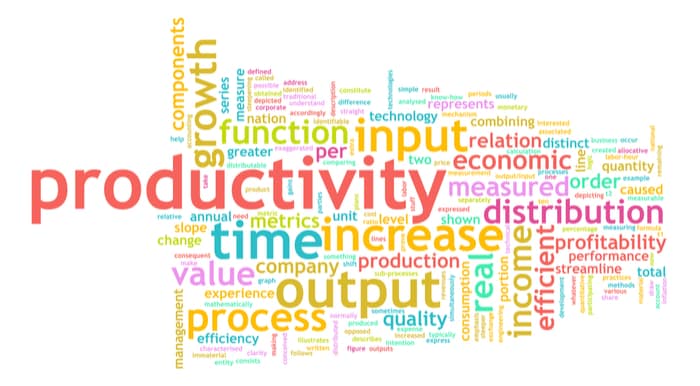21st century skills are particularly important in today’s workplace but many schools are struggling to equip their students with the necessary knowledge and problem-solving strategies that employers need.
Tech-savvy
As most sectors of industry now rely heavily on technology, it’s no surprise that the modern workforce needs to be technically proficient. And this doesn’t simply mean being able to use Word and Outlook. Most Generation Y and younger will be completely comfortable and proficient at finding information on Google, posting on social media and manipulating images and video. Many will have experience of blogging and setting up a website using a platform like WordPress. As they have typically grown up with notebook, tablet and smartphone, acquiring more in-depth technical knowledge should be straightforward. But being tech-savvy is not enough.
Learning Skills
Critical thinking is vital for today’s organizations. The ability to think logically and analytically about a problem then evaluate the outcome is one side of the coin. In addition, it’s important to combine this with creative thinking, which uses techniques like brainstorming to find a solution, however unconventional. It’s like using both sides of the brain or you could say it’s using both heart and head to solve a problem. Once a solution is found, an employee needs to be able to collaborate with others on strategies for implementation. It is crucial that each member of staff can actively listen and effectively communicate both orally and in writing. The value of this trio in the 21st century skills list cannot be overstated.
Life Skills
In today’s volatile market, being adaptable can keep you in a job. Many job descriptions now are quite open and ‘fuzzy’ to allow for new responsibilities to be absorbed, which may not necessarily involve higher remuneration. Companies are looking for people who are self-directing and display leadership skills; having entrepreneurial characteristics would be a definite bonus. Being a ‘people person’ is useful, as excellent social skills mean easier liaising with peers, superiors and customers. An intellectual curiosity and desire for lifelong learning should be high on the checklist for HR departments. Companies should draw up and agree a CPD plan with new starters, which should be tailored to their personal requirements and help them with career advancement. No one wants a job where there is zero chance for advancement.
Skill Development
Any shortfall in skills can be rectified by mentoring and effective training using a VLE to deliver relevant content such as problem solving, language skills, etc. The simplest and most effective way of delivering a customised training module is via an open source learning platform such as Totara. A flexible elearning program allows your workforce to train in their own time from home, using their own devices. An LMS learning management system is also important for CPD, so managers can see engagement and progress. As knowledge and skills are developed, this will raise self-esteem and motivate employees to be more ambitious and productive. The ultimate aim for all schools should be to provide adequate 21st century skills training for all students, however in the meantime, organizations may have to become more invested in bringing their workforce up to speed.

